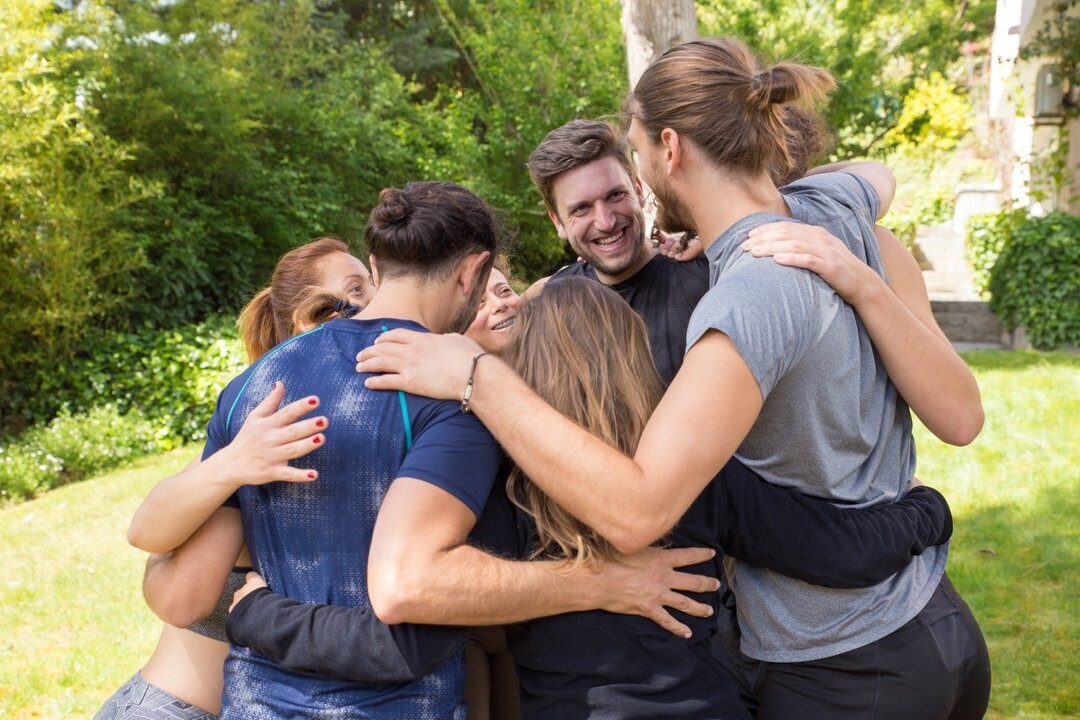
The hug is considered a demonstration of affection, love, and comfort, being an important emotional scaffold throughout people's lives. As one grows, independence becomes more visible, but the hug remains the foundation that provides a sense of wellbeing. Even in adulthood, a hug can create calm in moments of anxiety or stress when intertwining arms between two people, whether in family, friendship, or romantic relationships.
According to neurology studies, the brain releases hormones that generate pleasure, tranquility, and calmness upon receiving a hug. Expressing affection and containment, whether in person or through digital means, also brings people closer and conveys a positive affection beyond physical distance. However, not everyone feels comfortable with hugs due to the physical contact involved, and it is important to respect each individual's comfort regarding this.
Hugging brings health benefits such as stress reduction, oxytocin release, mood improvement, strengthening of the immune system, pain relief, improvement in cardiovascular health, and fostering empathy and social connection, among others. Despite these benefits, it is essential to ask the other person directly if they wish to receive or give a hug, as well as to pay attention to body language that may indicate discomfort.
The culture of hugging varies by country, and in Argentina, it is common to express affection through hugs. From birth, physical contact provides security, trust, and tranquility, and many children find in objects like stuffed animals the feeling of motherhood and support. Throughout life, the hug remains a tender demonstration in everyday situations, and it is important to respect individual preferences for physical contact. Some people may feel a hug as an invasion of their personal space due to their past experiences, making it essential to act with sensitivity and respect towards physical displays of affection.














